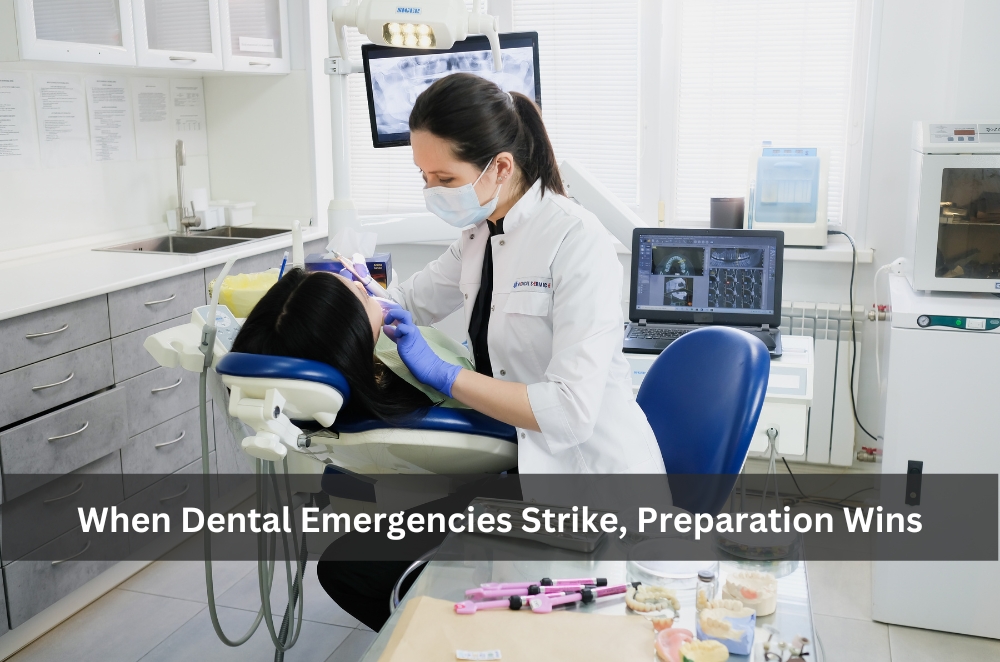To most of us, a dental emergency doesn’t book a polite time slot; it barges in. A cracked tooth at footy, a crown that pops off on a Friday night, or a child’s sudden toothache—these moments demand calm decisions and fast, capable hands. That’s why we keep banging on about the importance of reliable dental care: when pain flares, delays make things worse. We’re talking infection risk, swelling, sleep loss, and costs that snowball. Good care starts before trouble, but it really shows its worth when the chips are down. You want a staff prepared for swift answers, urgent triage, and treatment that lasts, not just a fast patch. Today.
What qualifies as a dental emergency?
Uncontrolled bleeding, facial swelling, severe pain, or trauma threatening a tooth or airway need immediate attention. Move swiftly if function, aesthetics, or general health is in jeopardy.
Consider a broken cusp with exposed nerve, an abscess swelling pushing near the eye or throat, or bleeding that would not slow after a tooth extraction. Open soft dentine exposed to heat, cold, or bacteria can make even a lost filling worse. Small chips lull people into waiting; then the crack deepens, the pulp gets involved, and choices narrow. Timely care preserves structure, cuts pain, and reins in cost. Prevention matters too—hydration, a custom mouthguard at sport, and routine maintenance make hard landings less likely, as do simple, summer-smart habits grounded in everyday routines and sunlight-savvy behaviour anchored by summer oral care essentials.
• Tooth knocked out? Seek care within 60 minutes
• Spreading facial swelling needs urgent assessment
• Pain with fever or malaise warrants fast action
How can you minimise damage before treatment?
Keep calm, protect the area, and control contamination. Clean, cover, and avoid heat, alcohol, or aspirin on the gum.
Handle an avulsed tooth by the crown only; gently rinse, then attempt to re-implant and bite on a cloth. If that’s a hard no, store it in milk or saline—not water—and head in. Cover sharp edges with sugar-free gum or dental wax. To lower inflammation, rinse with warm salty water. Cold compresses reduce swelling; over-the-counter pain relief helps, but don’t place tablets against tissue. Skip smoking and avoid hard chewing on the affected side. Trust your gut—worsening pain, night sweats, difficulty swallowing, or trismus means don’t muck around.
• Store an avulsed tooth in milk or saline
• Use cold compresses: 10 minutes on, then off
• Avoid hot drinks and sticky, hard foods
When should we escalate to urgent care?
Should pain surge, swelling spreads, or fever, limited mouth opening, or alterations in breathing or vision appear—don’t delay. Early acting guards both general health and teeth.
Escalation isn’t overreacting; it’s owning the clock. Oral pain dehydrates youngsters and seniors quickly when eating and drinking are constrained. Those with diabetes or on blood thinners can deteriorate more rapidly. Nighttime agony wakes you, an unpleasant flavour from pus, or a pimple on the gum close to a sensitive tooth point toward infection breaking through.Sport or fall trauma? Take photos, note timing, and bring any fragments in a clean container. The earlier we triage, the more conservative the path: bonding instead of crowns, root canal instead of extraction, sutures instead of complex grafting later.
Conclusion
Emergencies ignore calendars, but preparation—and a level head—changes everything. We take practical steps: mouthguards that actually fit, regular check-ups, and swift decisions when pain starts to shout. Keep a small home kit, including saline, clean gauze, dental wax, and pain relief, and store the practice number in your phone. Most of all, avoid the spiral: minor issues become big when left to “see if it settles.” For everyday habits that keep families out of trouble, lean on holistic oral care for families.





Comments